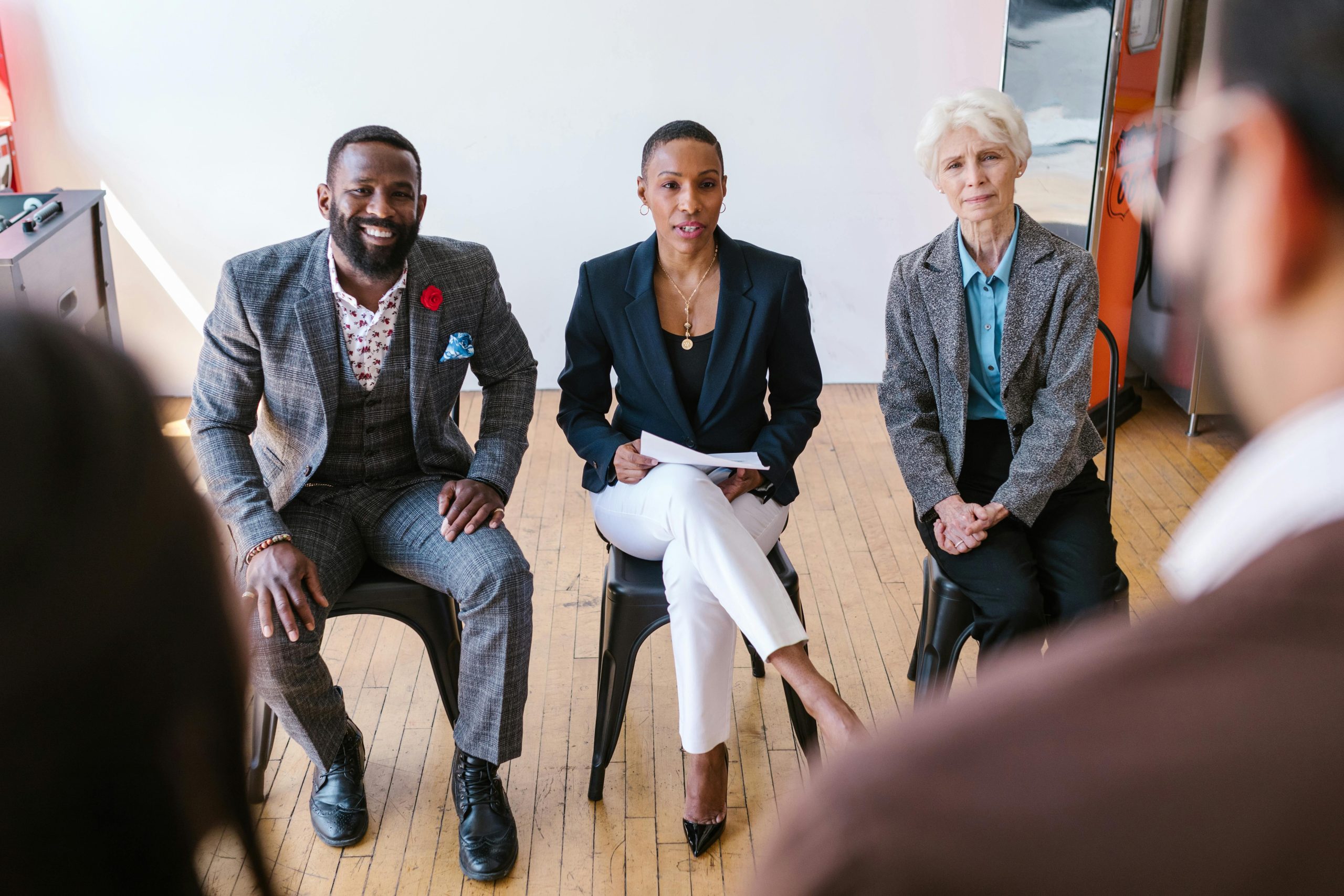Reflecting on my decision not to vote in the 2024 US Presidential Election, my feelings are mixed. On one hand, I recognize that voting is a fundamental aspect of democracy and that participation is crucial in shaping the future of the country. The weight of this responsibility sometimes makes me reconsider whether my choice was the right one. There are moments when I feel a sense of regret, wondering if my vote could have contributed to a different outcome or sent a particular message.
On the other hand, I also acknowledge the reasons why I didn’t vote—perhaps due to a feeling of disillusionment with the candidates, a lack of alignment with any party’s platform, or the perception that my single vote would not significantly impact the overall results. These considerations are valid and reflect a broader issue many citizens face in feeling adequately represented by their political choices.
Ultimately, this experience has highlighted for me the importance of staying informed and engaged in political processes beyond just casting a vote. I am encouraged to find other ways to contribute to political discourse and civic engagement, whether through local community involvement, advocacy on issues that matter to me, or discussions with peers. Despite my choice, I remain committed to exploring how I can more effectively participate in the democratic process in the future.



